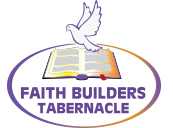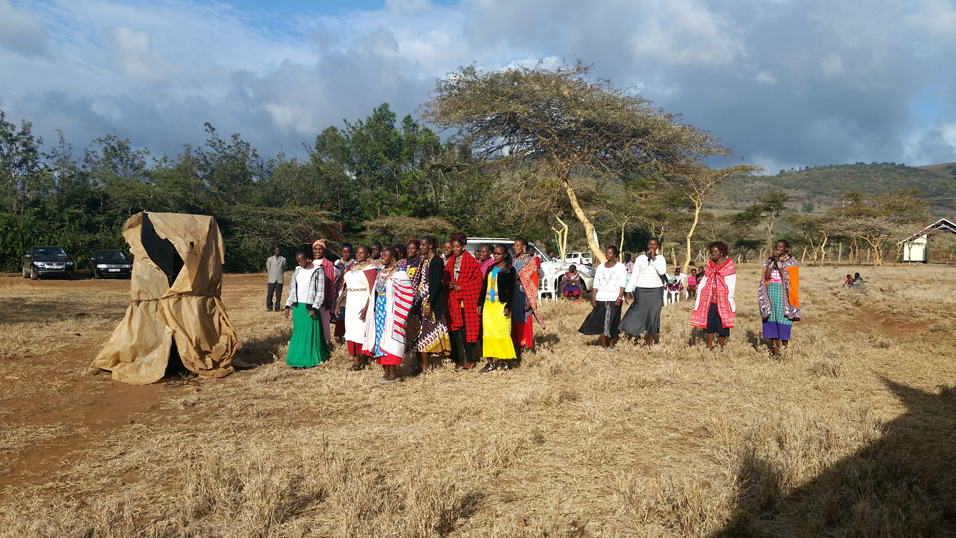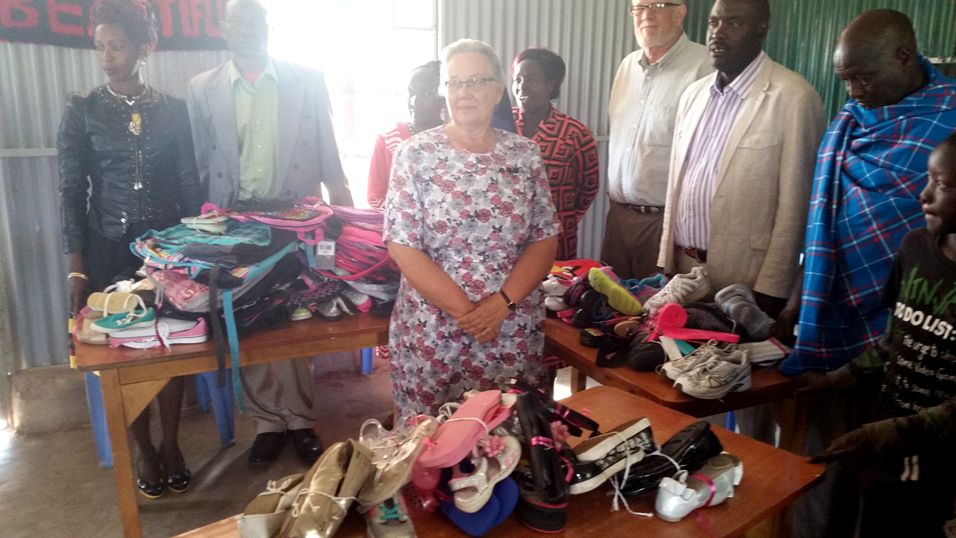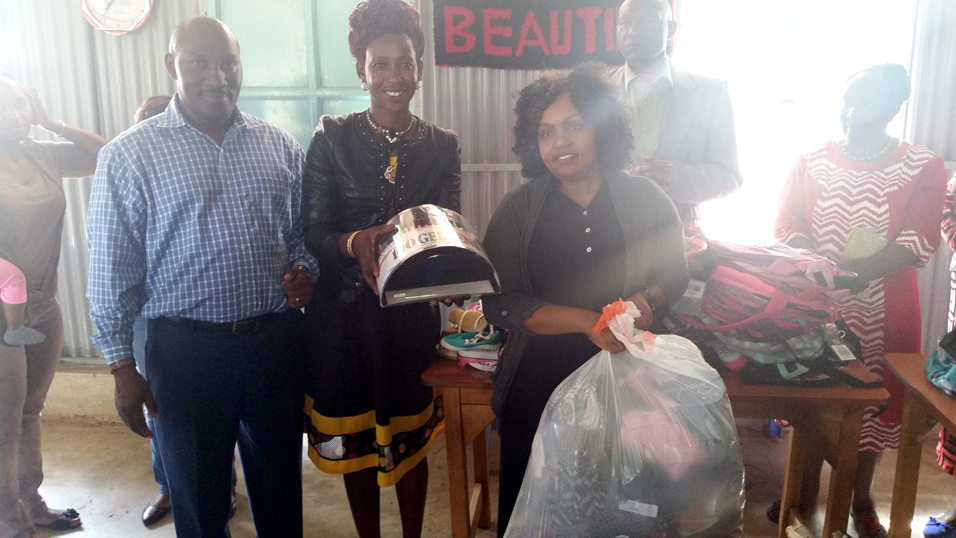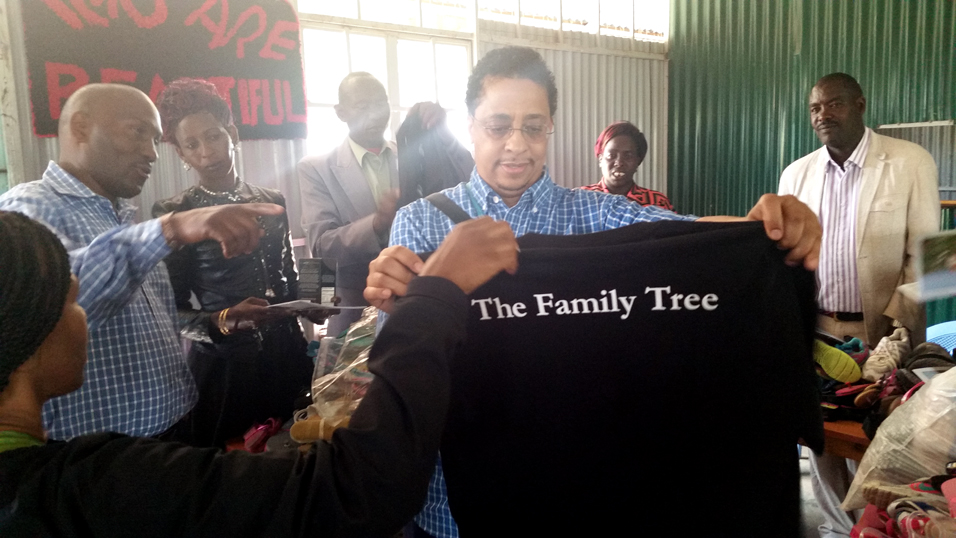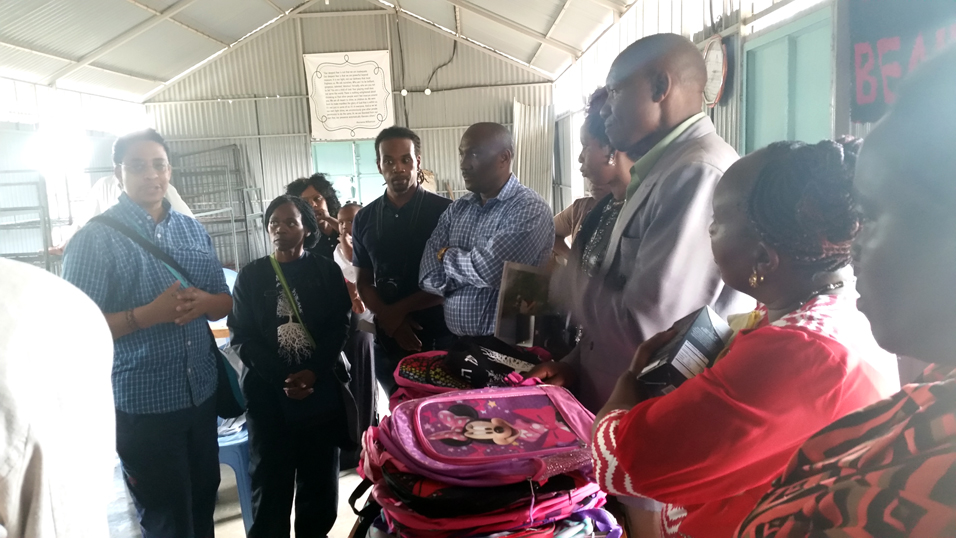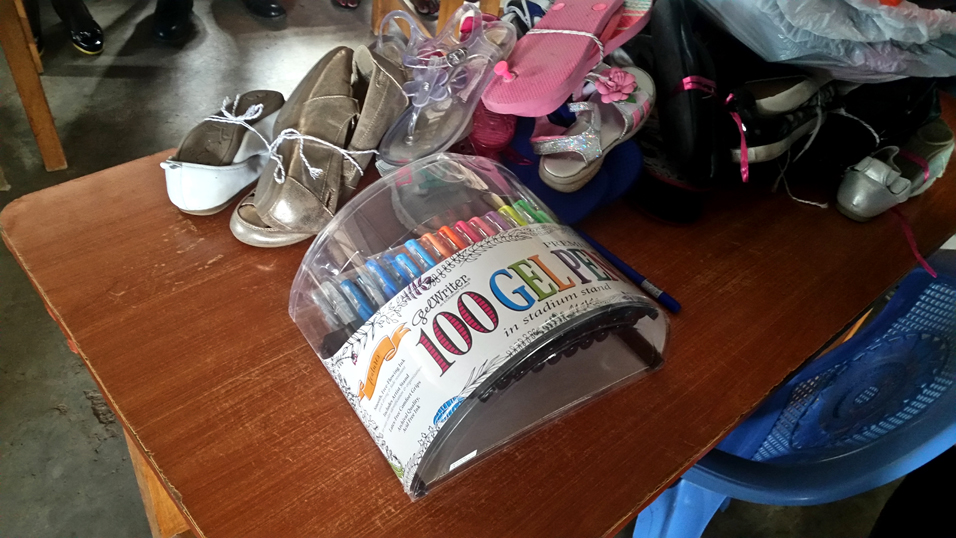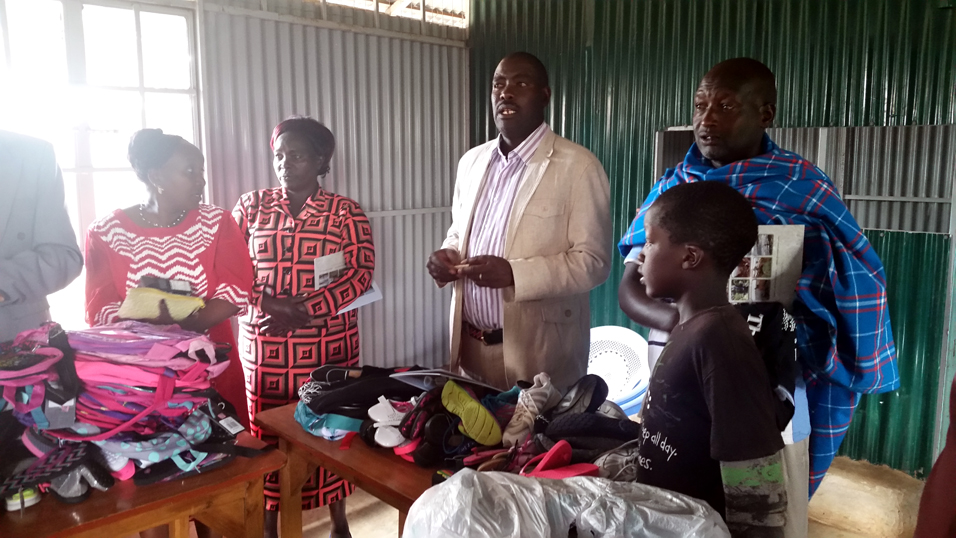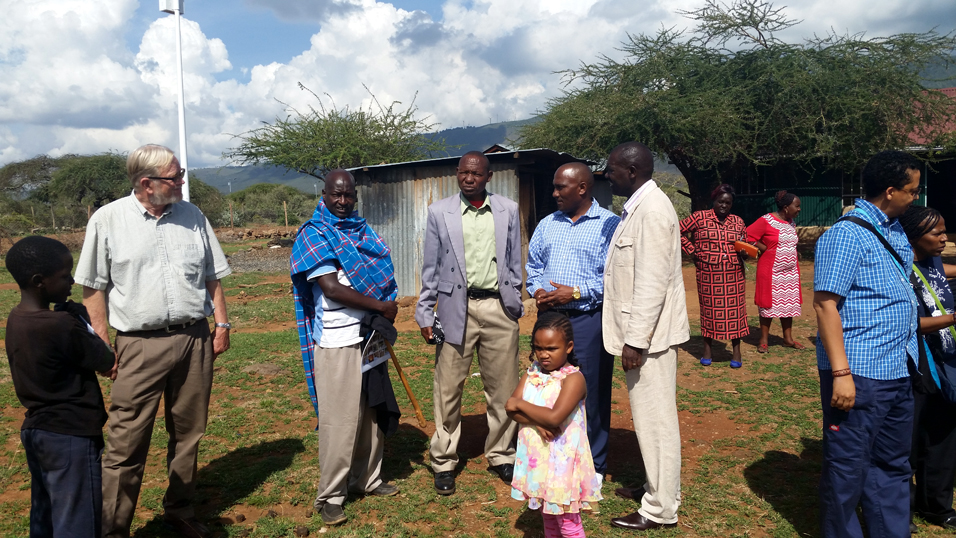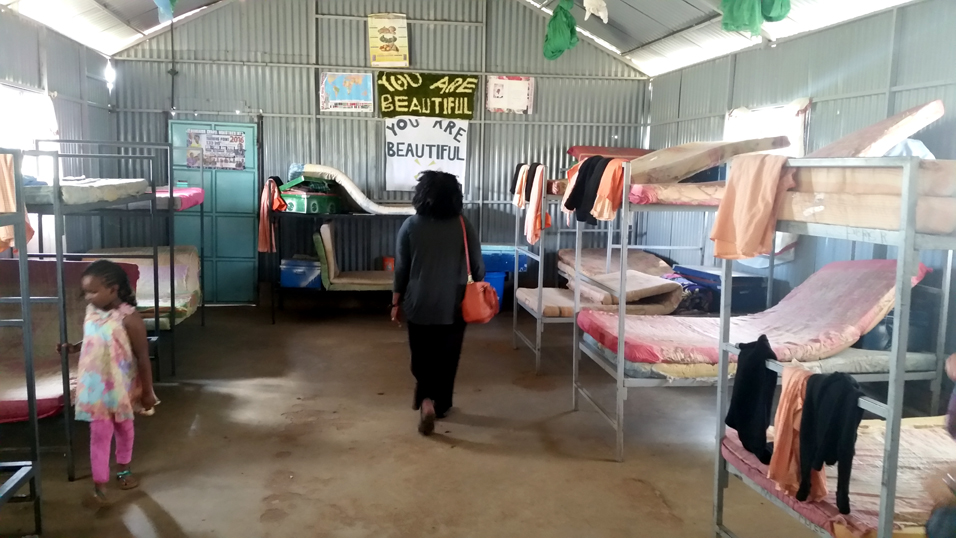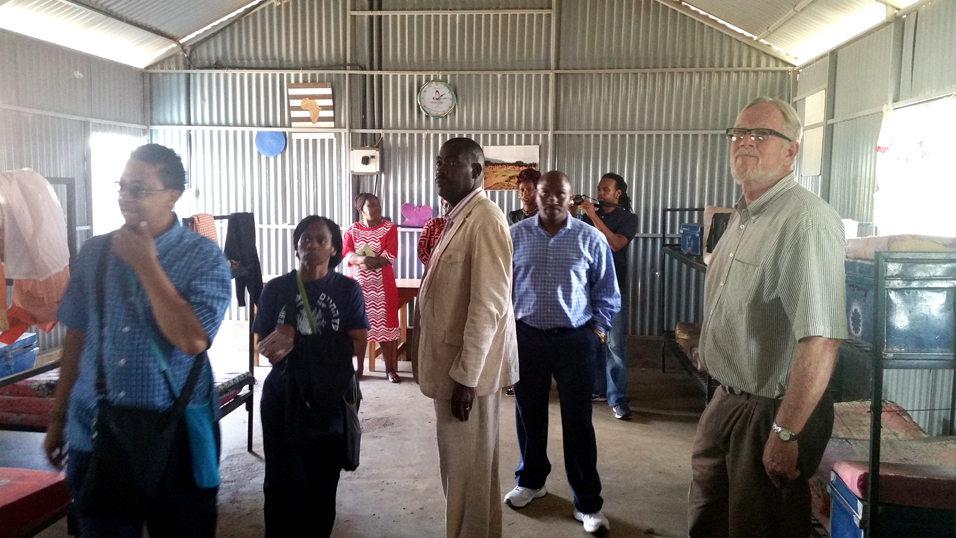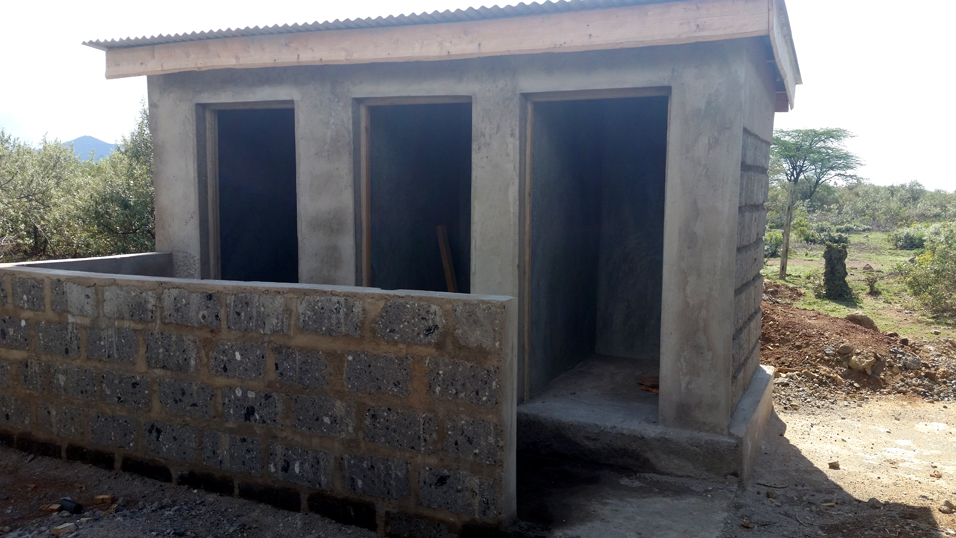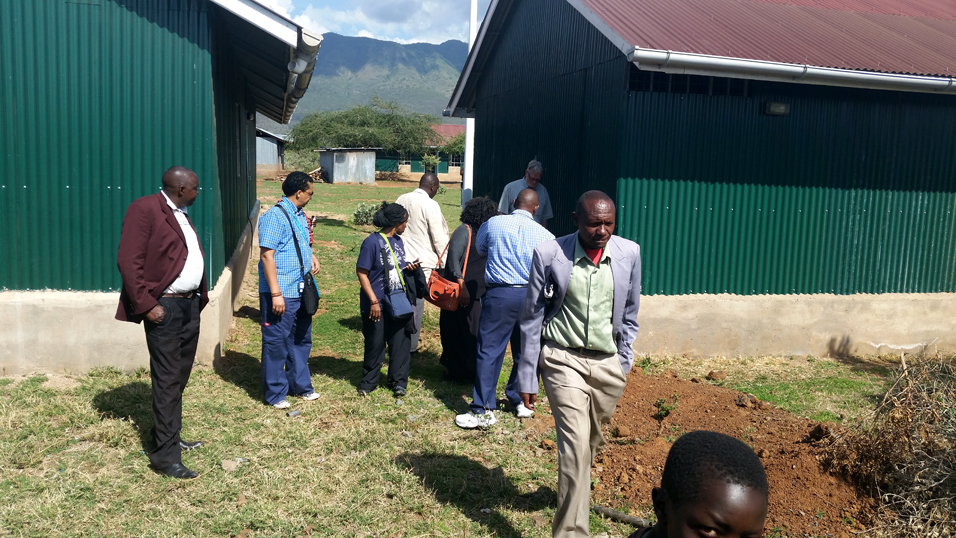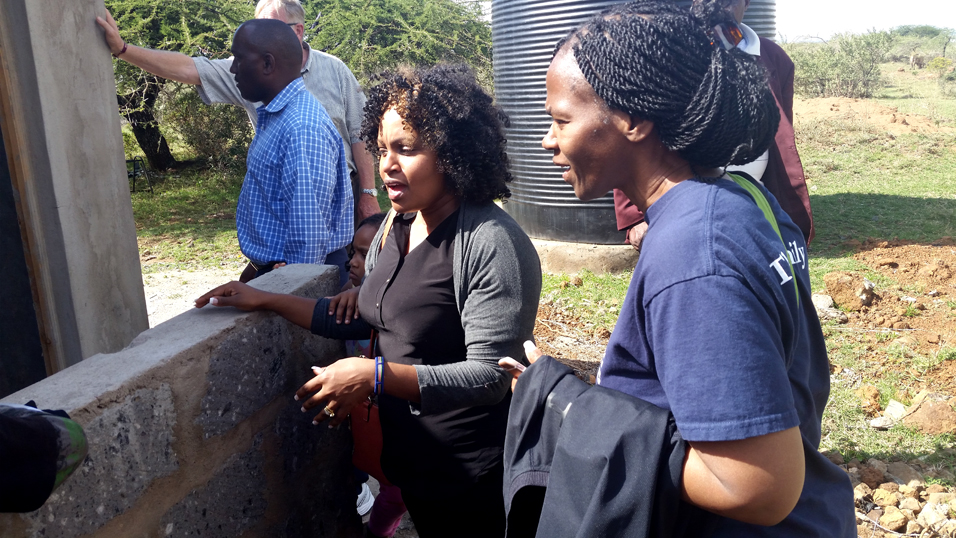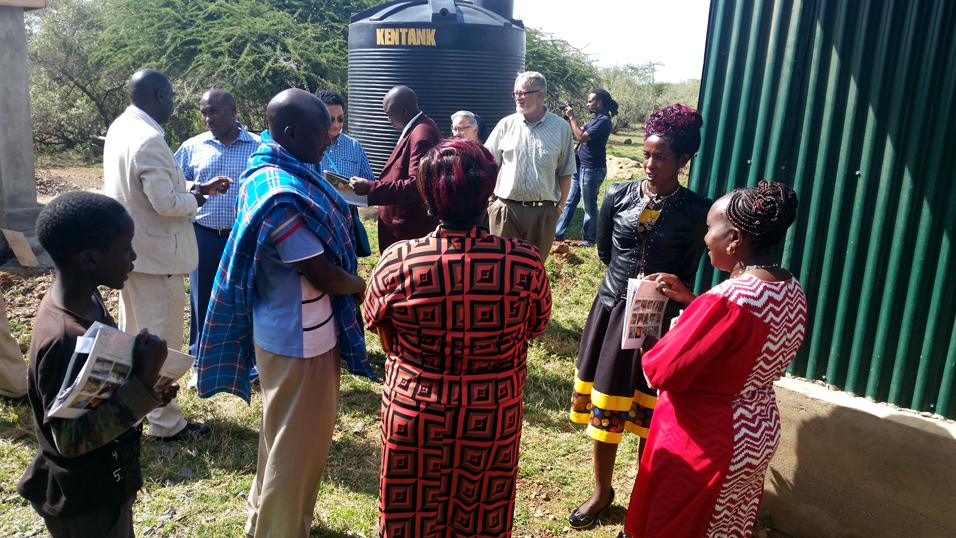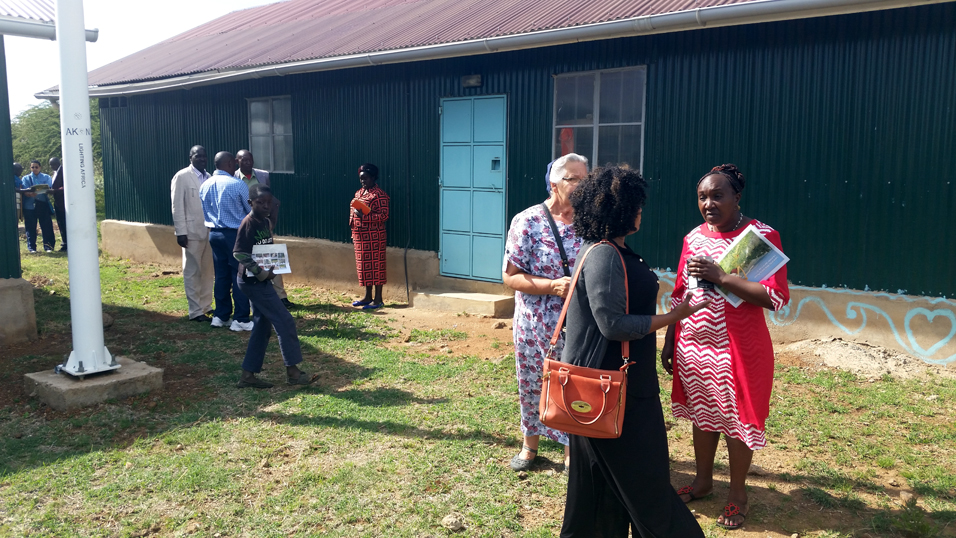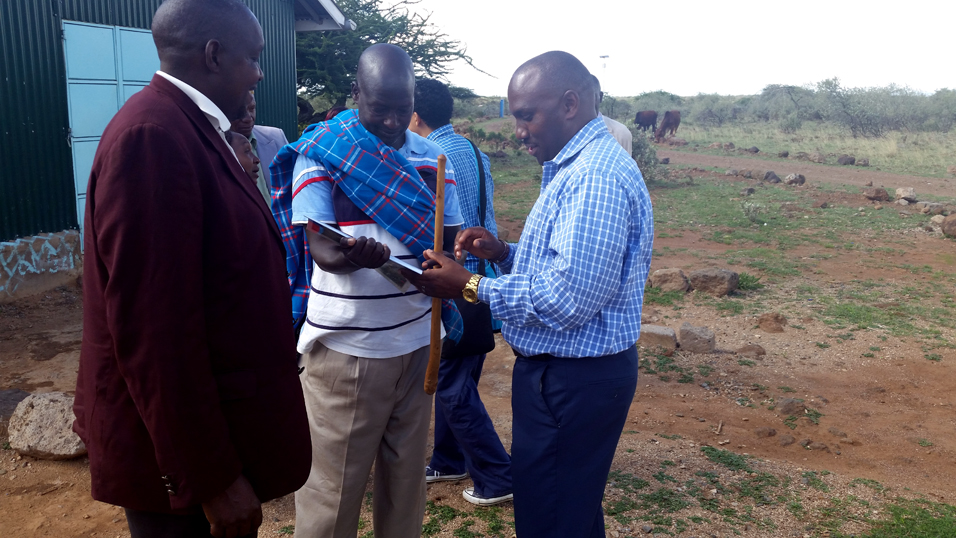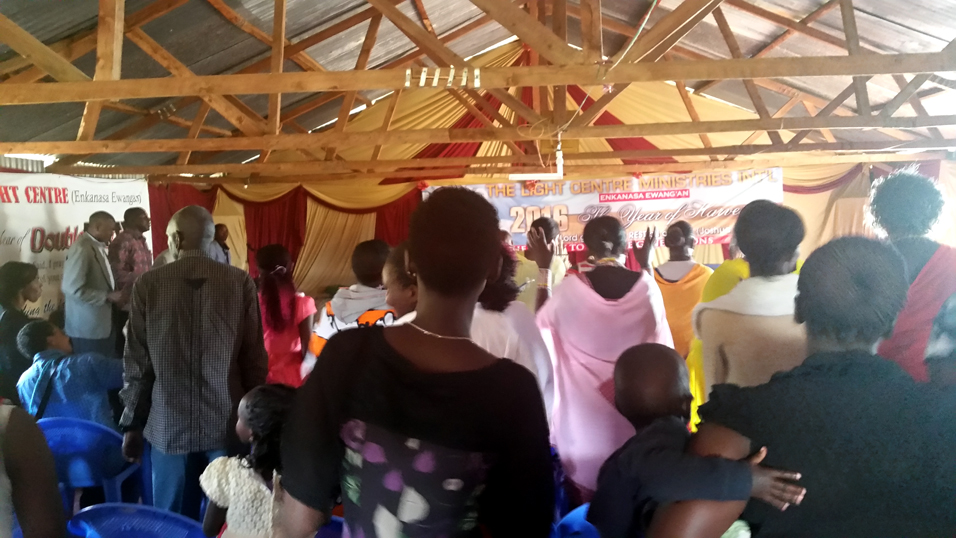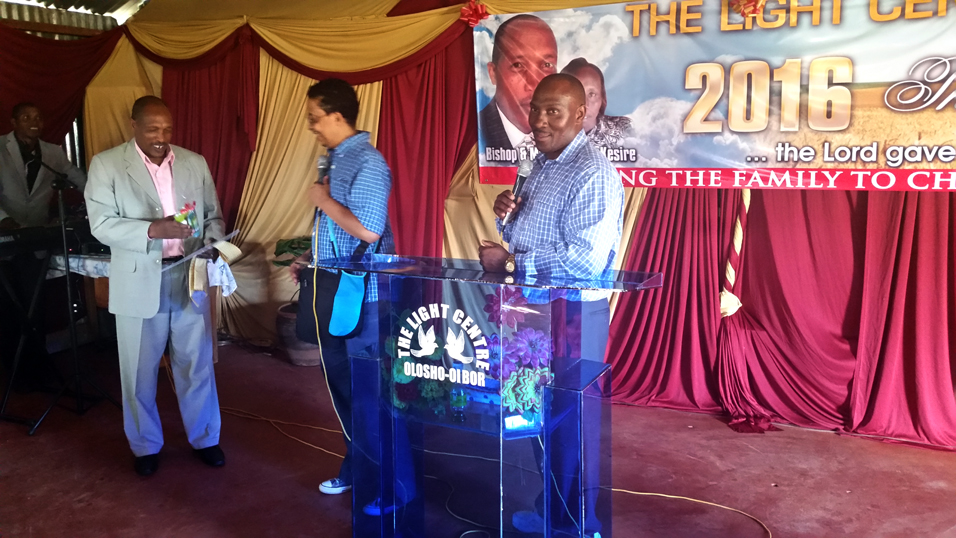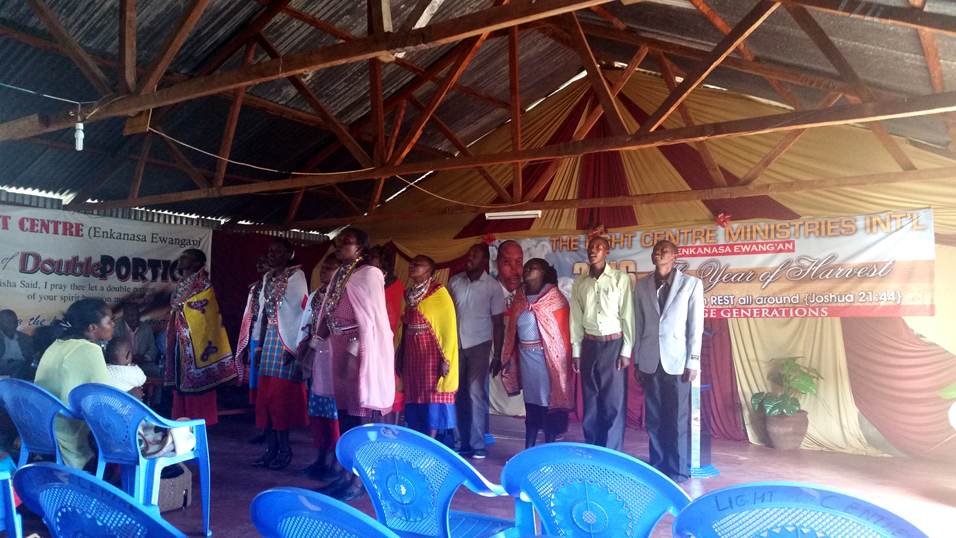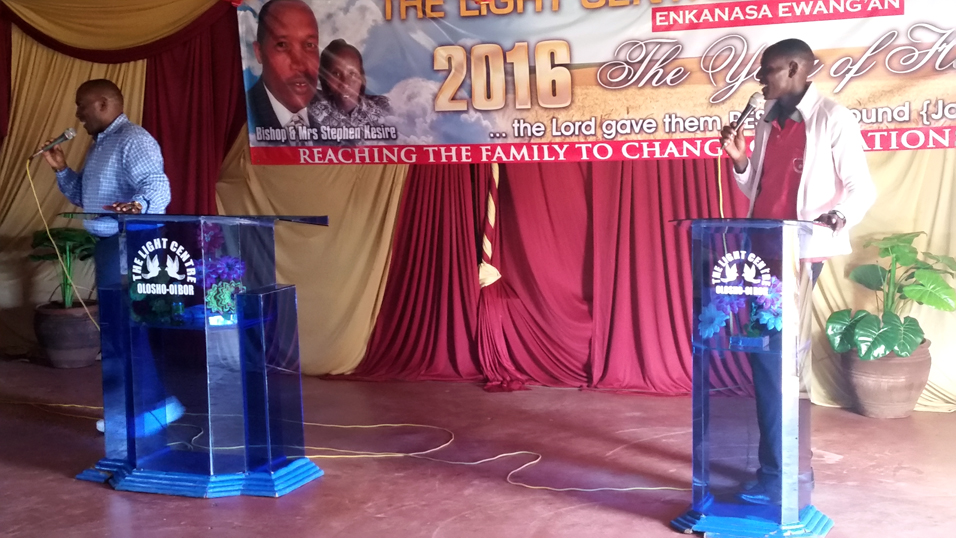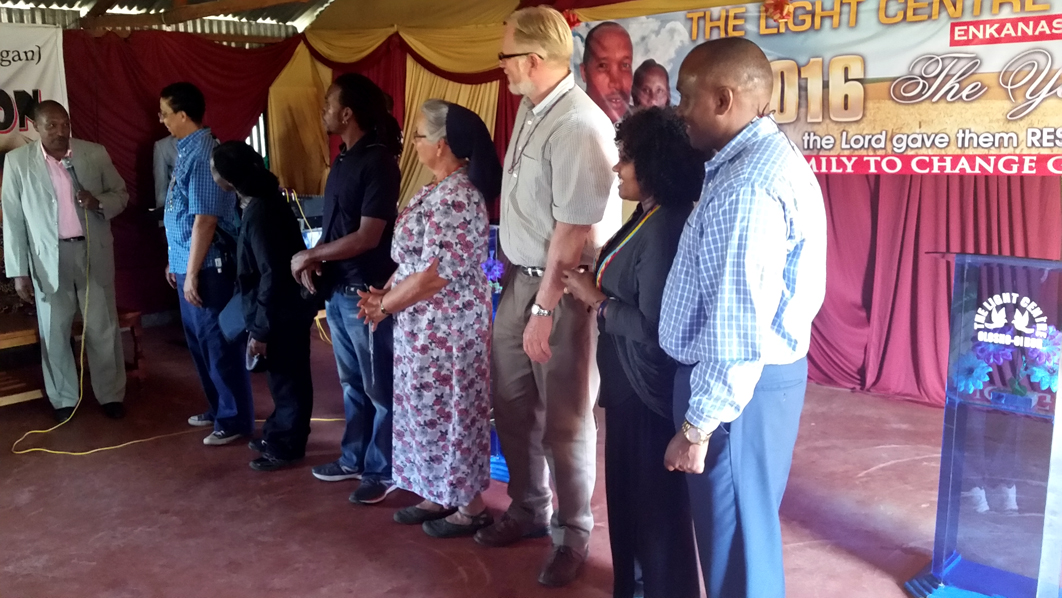
Beloved Daughters Girls Rescue Center
The name Beloved Daughters was derived from a Maasai name, “Intoyie Nanyori” which means ‘we love our daughters’. This love is the reason why we give them a place to live, as we invest in them to better their future through provision of access to quality education, a balance diet, clean drinking water, hygiene and proper health care.

Beloved Daughters Performing in Song for the President of Kenya during the launch of the Standard Gauge Railway (SGR) Project
We seek to build their self-confidence and train them to fight for their individual rights. The girls’ rescue initiative was birthed in 2011 with 16 girls, when the Late Assistant Chief Daniel Sankale of Kimuka Sub-Location started rescuing girls from forced early marriage and female genital mutilation (FGM) practices. The late chief initially housed the girls in his home and ensured that they enrolled in school. Later, as the number of girls that needed to be housed continued to grow, the local leaders and surrounding community rallied efforts alongside Simba Maasai Outreach Organization (SIMOO), a non-governmental organization and Outreach Foundation which was led by Stue Ross in building the first dormitory at the center. Olosho-Oibor PCEA Church donated land for the center.
Currently the center is registered as a Community Based Organization (CBO) with eleven committed committee members comprising of church elders, teachers, local leaders, government leaders (chiefs), Olosho-Oibor nurses and community members. The committee’s primary objective is resource mobilization for the benefit of the girls. The center currently has 70 girls as of March 2017. Two additional dormitories were constructed through our Member of Parliament Hon. Moses Somoine who sought the much needed support from KETRACO.
To support this noble work; you can donate securely through this button; your donations will be given to BELOVED DAUGHTERS GIRLS RESCUE CENTER.
Categories of Rescued Girls
- Early Forced Marriage: This category comprises of girls who are rescued from early marriages usually between the age of 10-17 years. In most cases, the man marrying the girl is at least 40 years old and above. Most of these men are polygamous and girl is likely the third, fourth and fifth wife. Most fathers are usually not willing to resist the marriage deal because the so-called ‘husband’ has paid dowry and the father of the girls would have already benefitted from some cows and cash.
- Female Genital Mutilation: In this category, the girls are trained to say no to FGM, a very tough position given that it is culturally engraved from days of old.
- Orphans: The center also rescues orphans as they are vulnerable to both the vices of FGM and forced early marriage. Most orphans live with relatives, uncles and aunts who are can hardly afford their basic needs let alone education.
- Abandoned by Parents: Some of the girls are abandoned by the parents especially their father. This would happen where the man has many wives, may have decided to remarry more women and forget the first or the second wives. In most cases, he does not provide food, clothing or even education.
- Early drop outs- some girls drop out of school at class 6, 7 and 8 because of early pregnancy. In this case the center will approach the mother of the girl and request to take care of the child and the committee will seek permission of the respective parents to allow the girl to reside at the center and attend the adjacent school. The girls in this case get a second chance and most of them performed very well.
Challenges

Beloved Daughters pose for a Pic with Area MP Hon. Noses Ole Sakuda, his wife Irene and Rev. Natasha
- Food – As much as we want to keep our girl healthy, the center has no a reliable source of food. Currently we depend on local well-wishers who most of them visit the center and donate food.
- Water – This is a semi-arid area where rain fall is little and most of the time there is drought. Our girls are forced to go long distance to fetch water when it is not at the center.
- Basic Needs – girls face challenges on basic needs like sanitary towels, tissues, soap, teeth paste, locations, omo, cloths, shoes and other necessary items for girls.
- Salaries – most of our workers are volunteers and many times lack motivation because we depend on well-wishers to give some allowances. Many have quit because the reward is small or sometimes is not there.
- New Dormitory – The new dormitories need beds, blankets, bed shits and mosquito nets.
Conclusion
God has richly blessed the girls, teachers, workers, and the community at large through project participation by the locals and receiving visitors from diverse parts of the world. The girls continue to perform reasonably well despite limited resources and access to literature such as story books and text books.

Culturally, most of the girls while at home are expected to cook, fetch water from as far as 5km away, milk the cows in the homestead, look after the younger ones in the family and generally play the role of a woman in their respective homes. In the rural setting, there is hardly any moment to be a ‘girl’. Through their stay at the Beloved Daughters Rescue Center, the value of education has been enhanced in the girls’ lives as they no longer focus on domestic work as their primary activity, but are instead able to spend time doing their homework and learning from other mentors as they build their self-esteem through participation in singing and other fun activities aside from school work.
